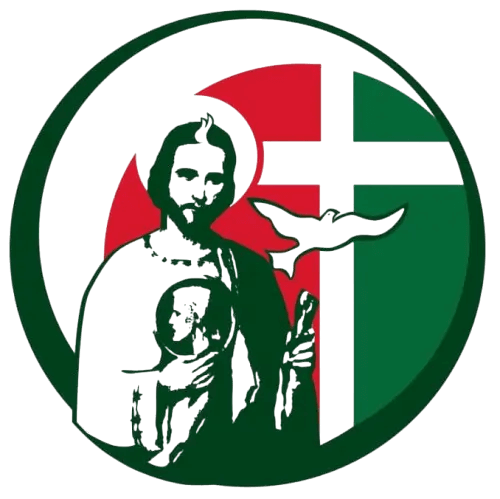LATEST NEWS
Lent - A season to pause, reflect, and grow closer to God. We thank the team for taking the time to bring this roadshow to our community.
In the spirit of Christian unity, St. Jude‘s Church and the Rawang Christian Pastors Fellowship warmly invites all parishioners to an Ecumenical Prayer Service, held in conjunction with the Week of Prayer for Christian Unity 2026. All parishioners are encouraged to join us in this meaningful time of prayer, reflection, and fellowship, as we respond to Christ’s call that we may all be one.
We do it without thinking. Striking the chest, saying: “Through my fault, through my fault, through my most grievous fault…” What does it mean? Before Christianity, ancient people struck their chest when they were grieving or admitting guilt. It was a gesture that said: “The problem is not out there. The problem is inside me.” The early Christians kept this gesture because it perfectly expressed the truth: Sin begins in the heart. And mercy is born there too. A Mass: A Courageous Act of Honesty When we say: “Through my fault, through my fault, through my most grievous fault…” and strike our chest, we are doing something extremely rare in the modern world: We take responsibility. Not blaming others. Not hiding. Not pretending. Just standing before God in truth. We don’t strike the head or the shoulders. We strike the heart, because: - Sin begins in the heart - Repentance begins in the heart - Conversion begins in the heart - Salvation enters the heart
MASS TIMING
Day
Activities
Monday
Tuesday
Wednesday
6:30 AM | Mass
Thursday
Friday
Saturday
5:30 PM | Novena to our Lady of Perpetual Succour
6:00 PM | Mass in English
7:30 PM | Mass in Tamil & Bahasa (Bt. Arang)
Sunday




















